New Zealand Law Society - Session topics


Dave Bealing (New Zealand Police) and Tijana Misur (AML Solutions)

Further details about the workshop will be provided soon. If you have specific questions or topics you'd like the presenters to address, please email us at osconference@lawsociety.org.nz
Brintyn Smith (Family Law Barrister, New Zealand) and Dr Phil Watts (Forensic Psychologist, Australia)
On 9 March 2023, Brintyn Smith Barrister walked into the Family Court in Whangarei like on any other working day and was violently attacked in the lift of the Court Building. The experience has been profound. Together with Australian Forensic Psychologist, Dr Phil Watts, they talk about how such experiences impact us, what PTSD is, and how to manage the trauma and survive the experience. They open up the discussion around other types of harm in this environment, including physical harm, vicarious traumatisation, burnout, stalking, reputation harm and so on.
This seminar will discuss how we can practice safely and build skills to survive such experiences. We work in a high-risk environment where stalking, harassment, assault, reputation harm, complaints and so on make our complex work even more complicated. The risk to practitioners is very real. We need to allow ourselves to have conversations about how to make our environments safer, support each other better, and mitigate risk. We need to be ready individually and fight back collectively.
By attending this seminar, you will be able to:
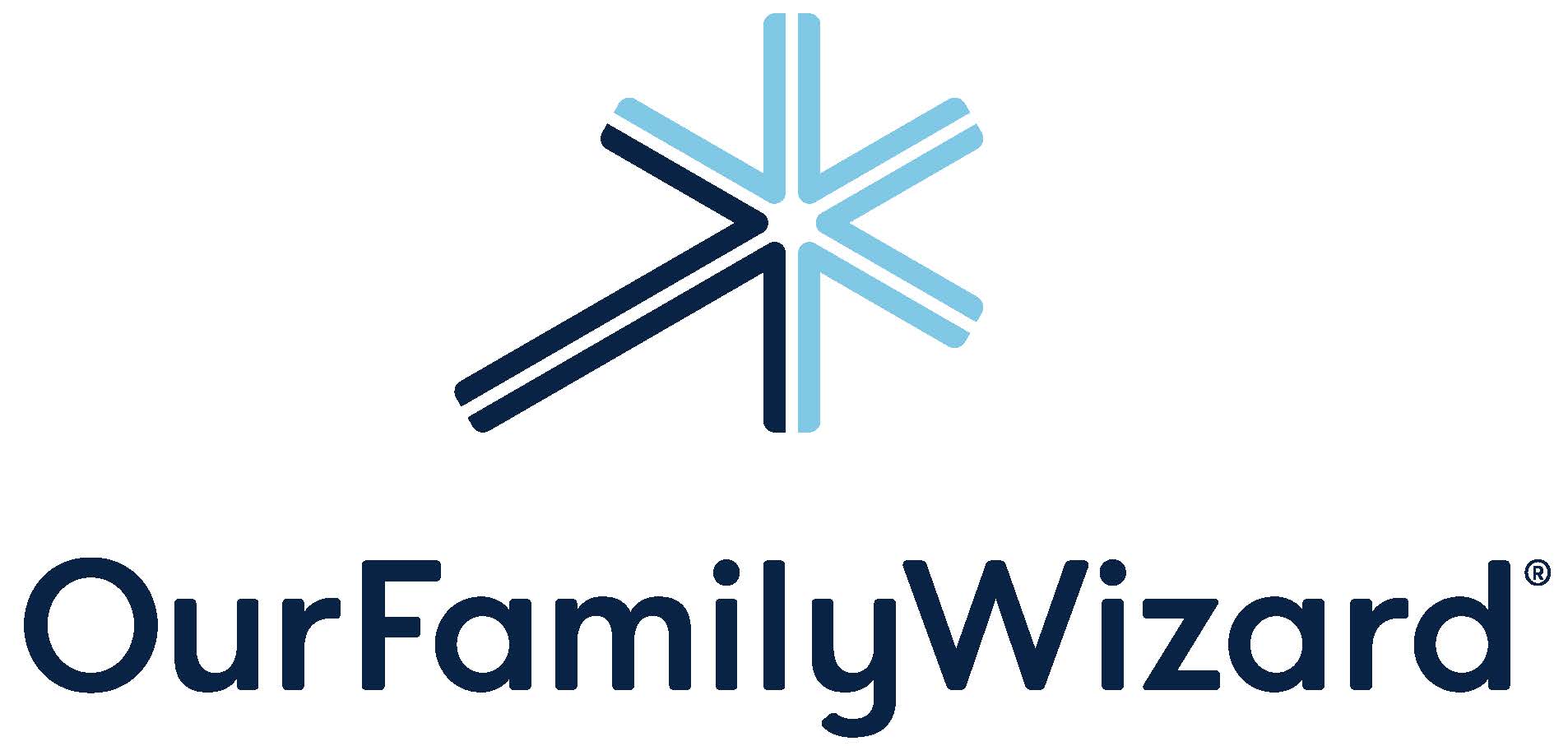
As our dependency and use of technology increases, we rely on electronic devices to complete many daily activities. Unfortunately, these same technologies are being seen more and more in legal cases where offenders have identified ways to exploit them in order to manipulate the outcomes or facilitate harm towards their victims. In this interactive workshop, Steven Bradley will explore the risks and benefits of technology, not only for the clients we serve, but also for you in your personal and professional lives. Attendees will learn safety planning and evidence collection strategies for phone technology, location apps, social media, and more. Non-technical language will be used throughout the presentation and how to safely navigate the world of technology.

Susan Rowe (Buddle Findlay) and Steven Colligan (FronTier)
Susan Rowe is a successful health and safety, employment and civil litigation partner at national law firm, Buddle Findlay. Susan will share her personal journey over the past few years since being diagnosed with clinical depression and learning how to navigate her recovery while working in the profession. Her goal in sharing her own story is to further destigmatise discussion about mental health in professional services and raise awareness of the impact our actions at work have on mental health.
Steven will cover the research and science of resilience, navigating change and stress, as well as practical tips to build and grow personal resilience.
At the end of the seminar you will be able to:
Rhonda Powell (Barrister) and James Tocher (Russell McVeagh)

In December 2024, the Supreme Court delivered its decision in Cooper v Pinney [2024] NZSC 181. The Supreme Court considered the breadth and application of Clayton v Clayton [2016] NZSC 29, [2016] 1 NZLR 551, and found that Mr Pinney’s rights and powers under a discretionary family trust deed did not amount to ‘property’ within the meaning of s 2 of the Property (Relationships) Act 1976. The Court also considered the applicability of the Trusts Act 2019 to the dispute and found that the law must be applied as it stood at the date of separation, and commented on the circumstances in which tikanga may be considered by a Court in a relationship property dispute.

Rhonda Powell was Counsel for the respondent in this case, alongside Stephen van Bohemen. James Tocher appeared in the Supreme Court for the trustees of the MRW Pinney Trust, alongside Andrew Butler KC and Nathaniel Walker.
This session shall address:
It is anticipated that this session will be of interest to lawyers advising on the establishment and operation of trusts, as well as lawyers advising in relationship property and / or trust litigation.

Rosie Hill and Ben Gresson (Todd & Walker Law)
A deep dive into the role of private property rights in decision making under the Resource Management Act 1991 (RMA). This seminar will offer a refresher on standing and more recent case law developed under the RMA which addresses key issues in decision making relevant to private property instruments such as easements, covenants, and the like. Topics to be covered will include resource consent notification decisions in the circumstances of non-object covenants or other potentially relevant registered interests, the relevance of such instruments to decisions on resource consent applications, and recent Environment Court commentary on the ability to provide for long term environmental and planning outcomes under different instruments created under the Property Law Act, as compared to tools within the RMA itself. This session is aimed at practitioners and decision makers with broad interest across both property and environment/resource management legal domains.
Her Honour Judge Kathryn Beck (Employment Court of New Zealand) and Janet Copeland (Copeland Ashcroft)
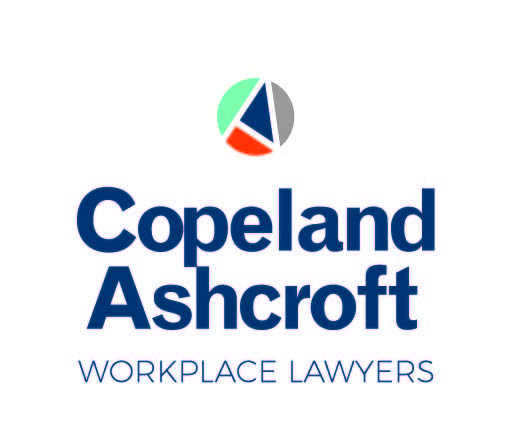
This session will provide insights into managing the delicate balance between creating a safe, productive workplace and respecting the rights of employees in line with both legislation and cultural values.
His Honour Judge Michael Crosbie (District Court of New Zealand)
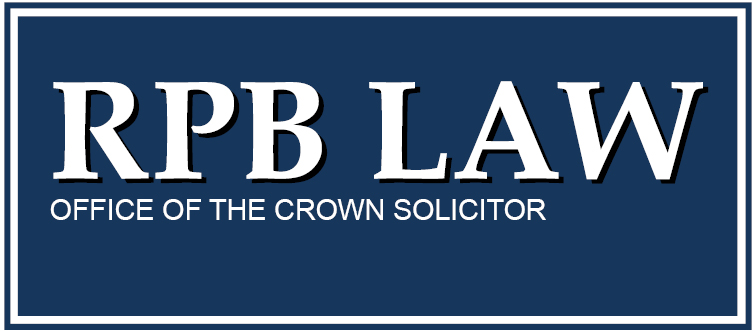
The issue of memory confronts legal practitioners in all facets of practice – whether in commercial disputes in the civil jurisdiction or recalling offending in the criminal jurisdiction. A feature of Judge Crosbie’s PhD study was the treatment of memory by the courts, including the reliance on memory in cases that are decades old.

The conference seminar will look at the reliance the legal system places on memory and examines some customary assumptions, questioning whether the law is in step (or needs to be) with developments in memory science. The seminar will also look at what judges, lawyers and jurors understand about memory and the accuracy of such understanding.
Nicki Macklin (British Medical Journal)

This is not a presentation about kindness being soft and fluffy. Kindness is increasingly understood as one of the key ways that organisations can build social capital and enhance their competitive edge as an employer whilst also creating organisational cultures that lead to greater staff wellbeing and performance.
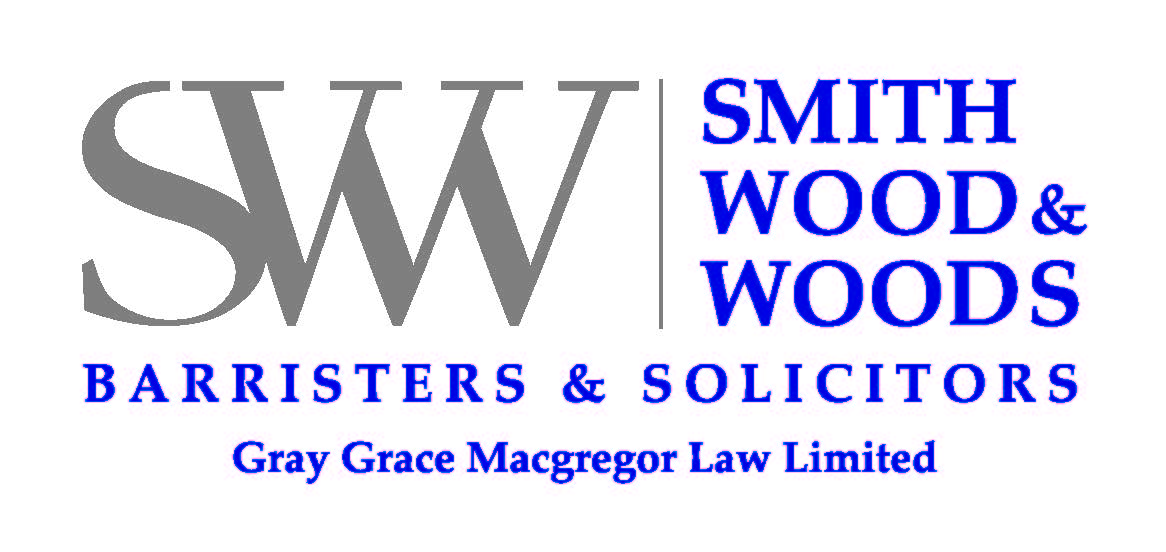
Having recently completed her PhD exploring the conditions for kindness inside healthcare workplaces, Nicki will demonstrate how these learnings translate into other professional contexts such as the law. She will explain what kindness is, why it matters, and how leaders and organisations can encourage more of it.
This content will apply to a broad range of law practitioners, from new graduates to executives.
Matthew Prendergast (Barrister)

An update on recent developments in trust law and discussion broadly focussed on managing risks associated with advising clients with multiple hats and maintaining privileged communications.
This session is aimed at private client lawyers, commercial lawyers and property lawyers.

This session will explore recent developments, case law and the future of work.

Tony Sycamore and John Powell (Russell McVeagh)

We will cover the benefits of assisting clients in completing a vendor due diligence prior to putting their asset / business on the market or executing a significant refinance.
We will work through the steps and suggest some strategies that may assist clients to prepare versus the requirement for satisfactory completion of due diligence after they have received a conditional offer or funding proposal.
We will look at the important areas you as their legal advisor need to cover in the due diligence process and go over some real-world examples of the benefits and traps.
Henry Benson-Pope and Yasmin Olsen (Otago University)

In an effort to deliver on a series of election commitments relating to law and order, the Coalition Government has rapidly progressed a range of reforms to the Sentencing Act 2002 and related legislation. These reforms have proceeded at pace and been met with significant criticism. This session aims to update practitioners on the key developments and their possible implications.
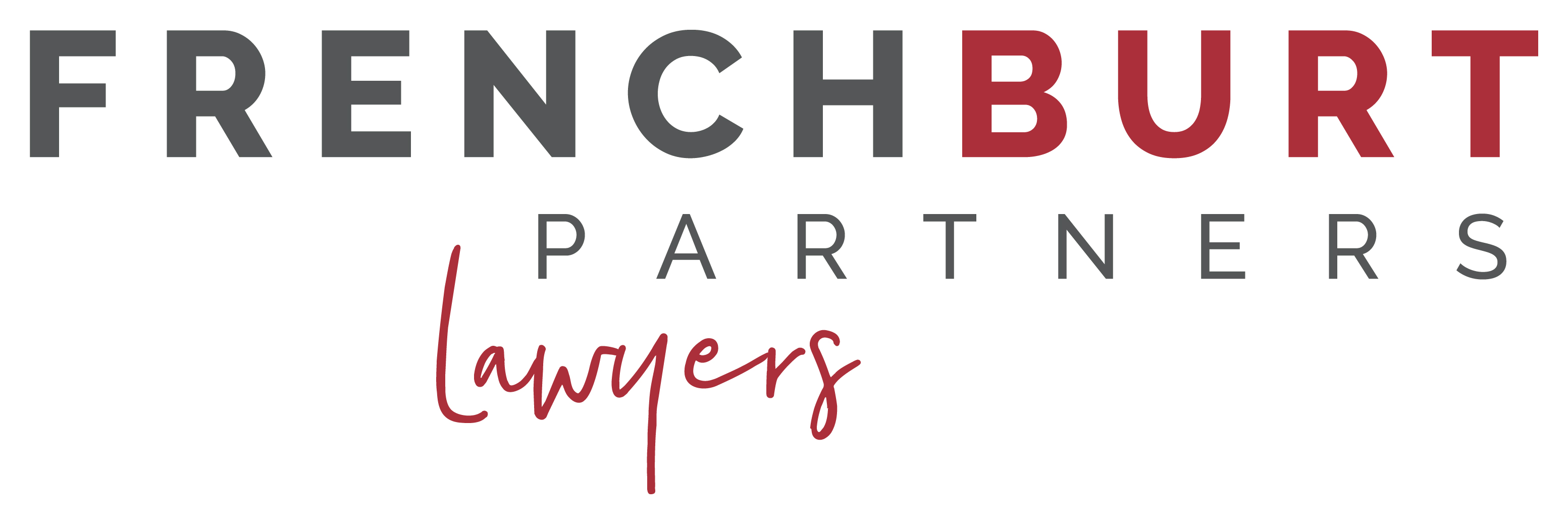
While this session is primarily aimed at criminal lawyers and those with an interest in the criminal justice system, it may also be relevant to those with an interest in the issues under the New Zealand Bill of Rights Act 1990 raised by the amendments.
